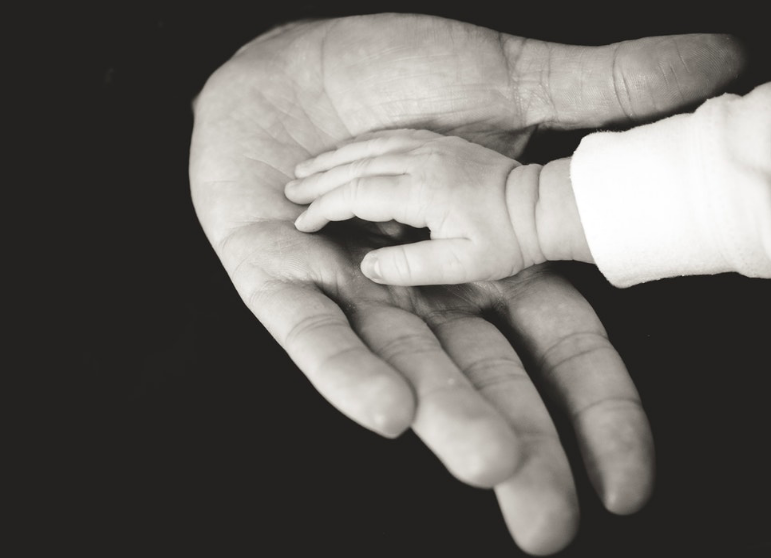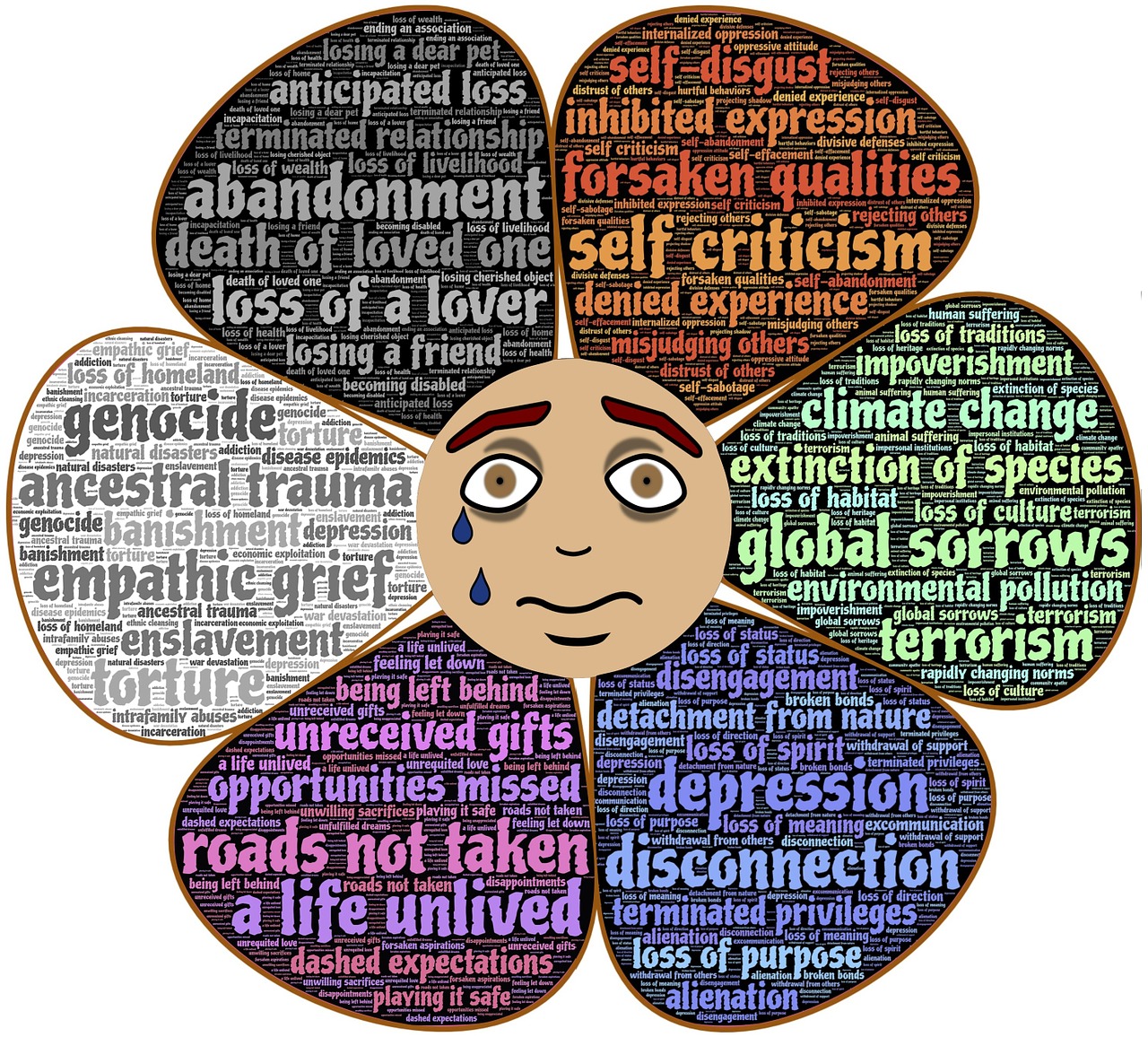With mental health a hot topic these days, people are now looking to their children and seeing how they’re fairing mentally.
But how exactly can parents know what’s going on with their children?
To make matters worse, as parents strive to keep their children safe from a big and, possibly, dangerous world, they may ignore the fact that their own behavior may have an effect on a child’s mental health. Yes, how adults react to things like hardships, injustices, etc. can spill onto children without them knowing.
Here are 6 ways that parents may be shaping their child’s mental health in a negative manner. Keep in mind that these points show warning signs of what to look for in a child.
Hiding One’s Past With “Mechanisms”
“For those who’ve faced trauma, they may try to use certain psychological mechanisms to help them get through the day without letting remnants of the trauma affect their minds,” says Sofia Letters, a psychology writer at OX Essays and Research paper writers. “While mechanisms might be effective, they’re only temporary solutions, thus leading to the development of psychological disorders that can affect identity, memory, and the perception of one’s surroundings.”
Implicit Or Explicit Aggression
Be wary of any implicit or explicit aggression that might affect your child. Such behaviors stem from the following:
- Harsh gestures (i.e. spanking)
- Harmful words (i.e. things said out of anger)
- Aggressive behaviors
Such behaviors will leave a mark on a child mentally. When exposed to any type of aggression, they’ll most likely experience the following within themselves:
- Low self-esteem.
- Feelings of worthlessness
- Fear of expressing negative and “wrong” emotions.
- Acceptance of family dynamics (i.e. aggressiveness, abuse, or disrespect) as normal and even permissible
Being In Permanent Stress
Children will experience stress whenever they’re in an unstable environment. Without a good caregiver, as well as feeling unloved and insecure, can lead to significant anxiety. While this kind of stress is acute, it becomes permanent over time, because it affects how the brain functions, thus translating into hyperactivity and poor emotional management.
Learned Helplessness
Without the safety and security of a caring family, a child might grow up with serious psychological deficiencies, and end up having low self-esteem. Thus, they learn to feel helpless in anything and everything that they do, and they feel that things in life are beyond their control.
Co-dependency
“If a child was to grow up in a cold and unaffectionate household, that makes them more likely to feel anxious about having stronger and emotional relationships,” says Angelina Corlette, a health blogger British essay writers and Essay Roo. “And since children want to feel validated and safe, the constant fear of losing this bond could lead to obsessive behavior, thus developing a sense of co-dependency.”
Ignoring The Problem
Finally, the last thing that parents should do is to ignore the problem entirely. Ignoring the problem will only make a child’s mentality worse.
Therefore, it’s important to have age-appropriate conversations about anxiety and depression with your children. Having conversations every so often with them can achieve a number of things:
- These conversations can help normalizes feelings and show children that it’s okay to acknowledge and express them.
- Communication ensures children that their parents aren’t stressed because of them – IT’S NOT A CHILD’S FAULT.
- Addressing these feelings makes dealing with them easier for children.

Credits: https://pixabay.com/users/johnhain-352999/
Conclusion
Ultimately, parents should think of themselves as the mirror that children look into to learn about themselves. No matter how parents act, children will most likely copy that behavior, even if the behavior is negative.
However, negativity can’t be your child’s teacher. Instead, try to exhibit positive behaviors; and, if a child is feeling negative emotions, then talk to them about it and say that those feelings are normal.
Most importantly, providing a secure family environment that fosters positive emotional development and good self-esteem has lasting positive effects.
And, as always, if you suspect that your child’s mental health isn’t doing well, then feel free to seek professional and specialized help that will help them take better control of their life.
Since therapy works both ways – help for the child and for the parent – it’s a great option for families hoping to lift a weight off their shoulders. Even with a traumatic past, you, the parent, can still make a healthy, dignified, and satisfied life for yourself and your family.
Kristin Herman is a writer at Essay writer and UK Writings. She is also a contributing writer for online publications, such as Essay help. As a marketing writer, she blogs about the latest trends in online advertising and social media influencing.

